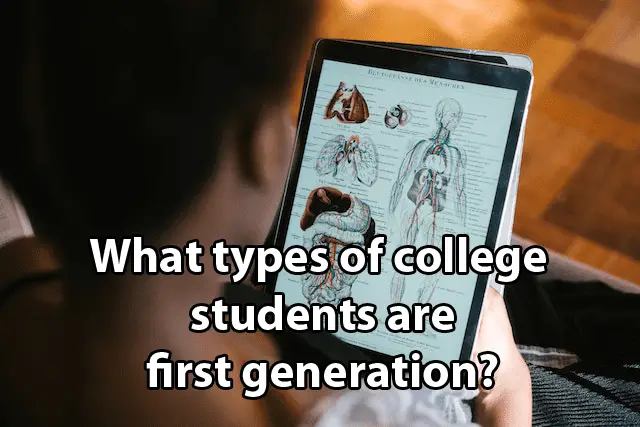
Breaking Barriers: Scholarships Open Doors for First-Generation Students
Introduction:
Education is often hailed as the great equalizer, a transformative tool that can break down barriers and provide opportunities for all. However, for first-generation students, pursuing higher education can seem like an insurmountable challenge. The lack of familial experience and financial resources often pose significant obstacles on their path to success. Fortunately, scholarships play a crucial role in opening doors for these students, providing them with the necessary support to overcome barriers and obtain a college degree.
Importance of Scholarships:
Scholarships hold immense importance in breaking down barriers for first-generation students. These financial aids not only alleviate the financial burden but also recognize the potential and achievements of these students. Scholarships offer a sense of validation, motivating students to strive for excellence and pursue their dreams without being hindered by monetary constraints.
Financial Relief:
One of the main obstacles first-generation students face is the financial burden associated with higher education. Many families lack the means to pay for college tuition, leaving these students unsure about pursuing their dreams. Scholarships provide much-needed financial relief, covering tuition fees and other educational expenses that would otherwise be unaffordable. With this burden lifted, first-generation students can focus on their studies and fully engage in their college experience.
Academic Support:
Another significant benefit of scholarships is access to academic support services. Many scholarships offer mentoring programs, tutoring services, or academic advising to ensure that first-generation students receive the necessary guidance throughout their academic journey. These resources provide additional support systems that help bridge the gap between high school and college expectations, ensuring that first-generation students can thrive academically.
Networking Opportunities:
Scholarships not only offer financial aid and academic support but also open doors to invaluable networking opportunities. Many scholarship programs connect recipients with alumni networks or industry professionals who can provide guidance, mentorship, and potential career opportunities. These connections are vital for first-generation students who often lack access to well-established networks, giving them an advantage in their future endeavors.
Empowerment:
Receiving a scholarship can be a life-changing experience for first-generation students. It instills a sense of empowerment, as the recognition of their achievements and potential becomes a catalyst for pursuing their dreams. Scholarships provide these students with the confidence and belief that they deserve the same opportunities as anyone else, breaking through self-imposed limitations and societal barriers.
FAQ:
Q: How do I find scholarships for first-generation students?
A: There are numerous resources available online, such as scholarship search engines and websites dedicated to scholarships for first-generation students. Additionally, high school counselors and college financial aid offices can provide guidance on finding suitable scholarships.
Q: Are scholarships only available for academic excellence?
A: While academic excellence is often considered when awarding scholarships, there are also scholarships based on financial need, leadership qualities, extracurricular activities, and community involvement. It is essential to explore various scholarship opportunities to find ones that align with individual strengths and characteristics.
Q: Can first-generation graduate students also apply for scholarships?
A: Yes, there are scholarships specifically designed for first-generation graduate students. These scholarships recognize the unique challenges faced by individuals pursuing advanced degrees without familial guidance or financial resources.
Q: Can receiving a scholarship affect eligibility for other forms of financial aid?
A: Receiving a scholarship may impact eligibility for other forms of financial aid. However, it varies depending on the specific scholarship and institution’s policies. It is advisable to consult with the college’s financial aid office to fully understand any potential implications.
Conclusion:
Scholarships play a vital role in breaking barriers faced by first-generation college students. By alleviating financial burdens, offering academic support services, providing networking opportunities, and empowering these individuals through recognition of their achievements, scholarships open doors that would otherwise remain closed. These opportunities have a transformative effect on the lives of first-generation students, enabling them to fulfill their dreams, achieve success, and create a positive impact on their communities. Through scholarships, we can continue to level the playing field and ensure that higher education remains accessible to all.

















